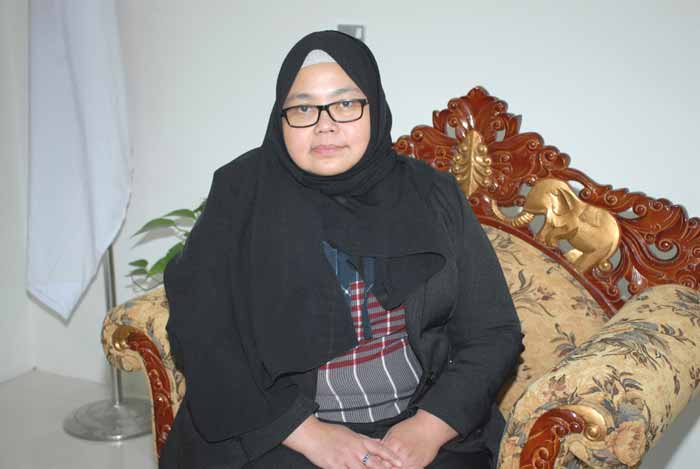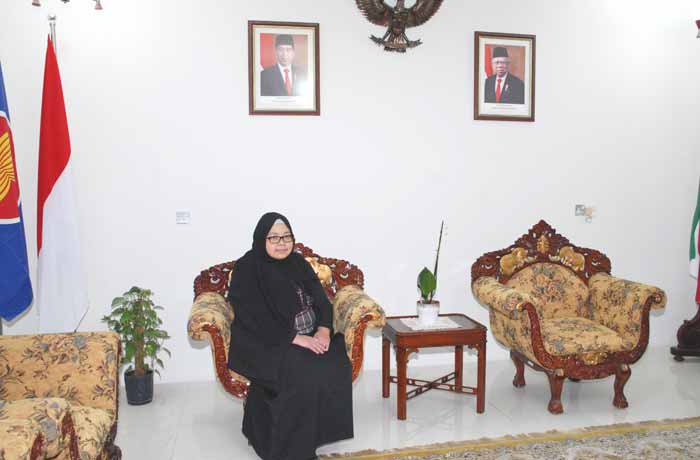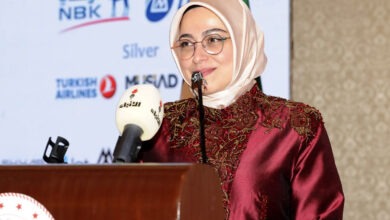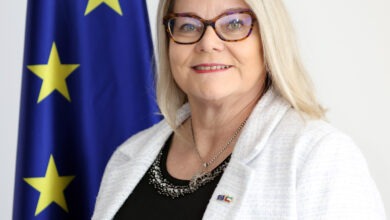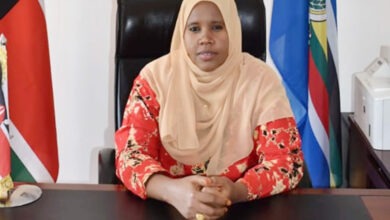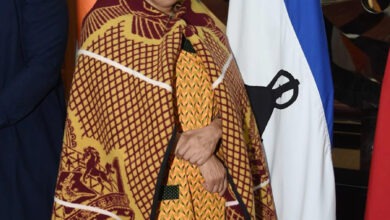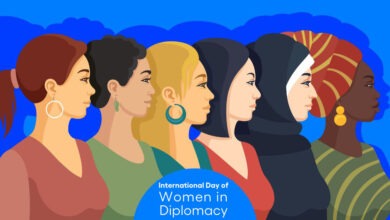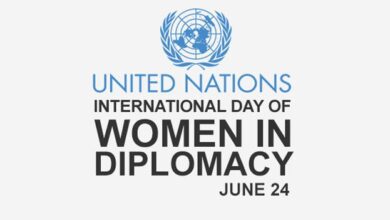Inspired by the role of diplomacy in bringing peace
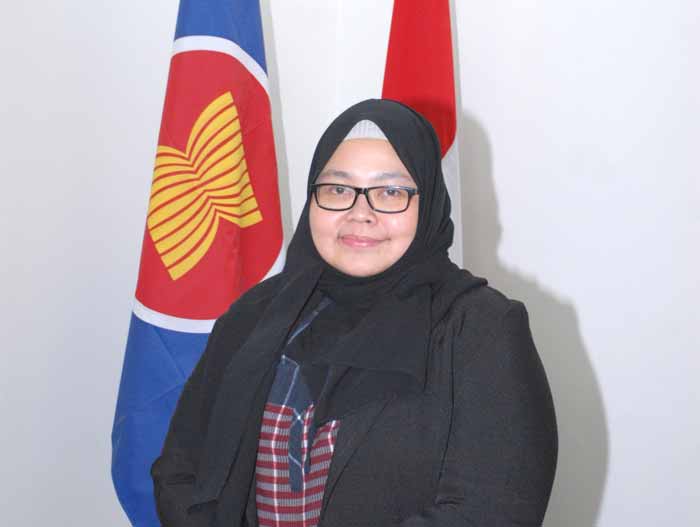
BY REAVEN D’SOUZA
MANAGING EDITOR
Fathona Said, First Secretary at Socio-Cultural Section of the Embassy of Indonesia is a warm and charming young diplomat. In a short span of time she has adjusted to the vagaries of diplomacy and is inspired by the role of diplomacy in bringing about peace. Fathona spoke to the Managing Editor of The Times, Kuwait in an exclusive interview.
Can you please tell us a little bit about yourself; your background and what brought you to a career in diplomacy
I joined the Ministry of Foreign Affairs of the Republic of Indonesia in March 2006. My education background is English major and I graduated from University of Indonesia in 2004.
My interest in diplomacy began during my job as a translator for an international project on some school rehabilitation in Aceh after the tsunami in December 2004. I got the chance to visit some cities there just after the signing of the Aceh peace agreement, or Helsinki Agreement, in August 2005. I was inspired how diplomacy could help others and facilitate peace talks.
Did you have a role model that encouraged your choice of career?
There are actually two role models: H.E. Mohammad Hatta and H.E. Ambassador Widodo Sutiyo.
Mohammad Hatta is one of the founding fathers of Indonesia and the first Vice President. His political ideas include a non-alignment position, the key element in our “independent and active” foreign policy.
H.E. Ambassador Widodo Sutiyo is an inspiration for diplomats and interpreters as professions. I used to watch him on international news serving the President as the interpreter. He served the President as a dedicated English and French interpreter in 1969-1999. Later, he served as Ambassador of the Republic of Indonesia to the Holy See.
Where were some of your previous tenures, and any interesting episodes during your diplomatic career?
Kuwait is my second assignment overseas. My first overseas assignment was in Sri Lanka, serving as a Third Secretary in the Indonesian Embassy in Colombo from 2011-2013. It is a very memorable experience. I got to know better about appreciating and preserving the environment in the Buddhist-majority country.
I also learnt about the King Ravan story, narrated as the other point of view to the Ramayana epic. When young, I used to hear simplified versions of the Ramayana story so many times that I got to like Hanuman for his loyalty and extraordinary feats in carrying a mission in the kingdom of the powerful King Ravan.
What challenges did you face as a woman diplomat and how easy or difficult do you think it is for women to be able to work in the diplomatic field.
There are always challenges in this line of profession, particularly due to the pandemic. We have to find new ways for diplomacy, as this situation can only be dealt with international cooperation. But none of the challenges are related to me as a woman.
As a matter of fact, the number of female diplomats in our Ministry has been increasing during the past 10 years. The current number is 730 female diplomats out of about 1230 diplomats. And the current Minister for Foreign Affairs H.E. Retno L.P. Marsudi is Indonesia’s first female Minister for Foreign Affairs.
Do you face any obstacles being a women diplomat in Kuwait?
No obstacles at all. Male counterparts always offer good, professional treatment both in Government offices and private entities.
What do you enjoy most in your life as a diplomat?
I learn a lot about different cultures and history. Yes, diplomacy could be a technical process with rules, certain semantics and a set of conduct. Understanding others is important in ensuring effective approach and communication. We all pursue a win-win situation as idealistically as possible.
Tell us about your experience in Kuwait so far.
Before leaving for this assignment, I read many articles about Kuwait, but fully grasped the context only after I arrived here in August 2017. The extreme weather affects the type and design of our annual programs, and of course the budget.
I find it beautiful that the spirit of sharing is everywhere within the population such as free tap water access for the public. The culture of Diwaniya is also very interesting and good to preserve, as it encourages members of the society to care and address issues. And elegant interior architecture, decoration and furniture are all feast to the eyes.
Where do you see yourself in the coming years in your career?
In 10 years, I see myself leading a team with different tasks and challenges. I would like to see myself making more contributions to the Ministry and the people as well as growing to be a better person. At the end, I have to take responsibility for whatever things I have done within my lifespan.
How do you see Kuwaiti women’s role in society?
I commend that females are a good part of the society, making contribution in respective capacity and profession. During the last 8-9 months, I read articles about Kuwaiti women being part of the fight against the pandemic, even as volunteers. That alone has described their strong role in the society, courage, determination and most of all, their love for the country.
Any experience you would like to share with us?
I got to go on day-trips to camping areas during the cold season. The driving in the sand, the slight bite of the dust: It is a unique experience! I pray for the end of the pandemic so that we all could appreciate the beauty of the desert and the country.






